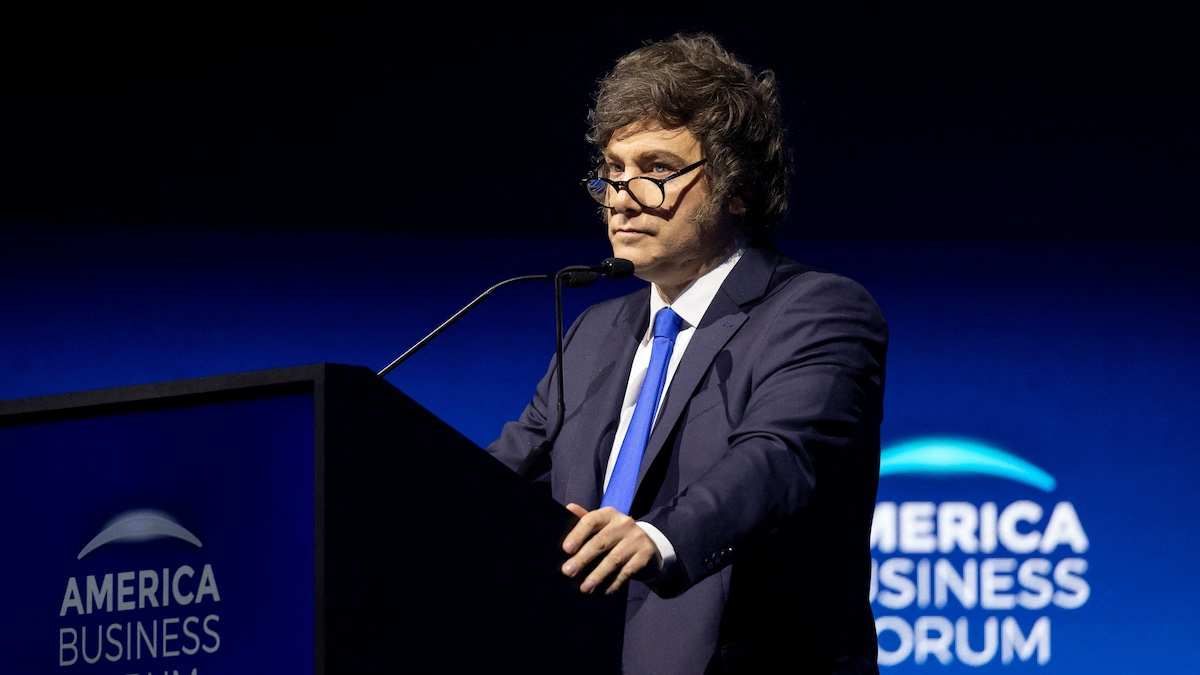$20 billion: Argentine President Javier Milei had a fantastic midterm election last month, but the celebration might be coming to an abrupt end: A group of US banks shelved its $20-billion bailout plan for the South American nation, favoring instead a short-term loan package.
6: A group of six US Democratic lawmakers published a video telling military and intelligence officials that they must disobey illegal orders. The move irked President Donald Trump, who suggested that the move constituted, “SEDITIOUS BEHAVIOR, punishable by DEATH!”
70 million: The Louvre wasn’t the only site of a successful heist in broad daylight this fall, as a group of men posing as Indian central bank officials robbed a vehicle that held 70 million rupees ($800,000) in the southern state of Karnataka on Wednesday afternoon, per police. Law enforcement is still searching for the culprits.
41: Relentless rains and flooding in central Vietnam have killed at least 41 people, left nine missing, submerged over 52,000 homes, and cut power to half a million households. Hard-hit cities like Hoi An and Nha Trang face evacuations, landslides, and infrastructure collapse as typhoons grow increasingly frequent.
10.5: The former leader of Nigel Farage’s Reform UK party was sentenced to ten-and-a-half years in prison this morning for accepting pro-Russian bribes. Nathan Gill was paid thousands of pounds to deliver TV interviews in favor of an ally of Russian President Vladimir Putin. Reform UK has taken a more dovish position on Russia’s invasion of Ukraine than other parties in the United Kingdom.
$1 trillion: During his White House visit this week, Saudi Crown Prince Mohammed bin Salman pledged to increase his investment in US firms to nearly $1 trillion. There’s just one problem: Riyadh’s Public Investment Fund is running low on cash, according to a New York Times report.
